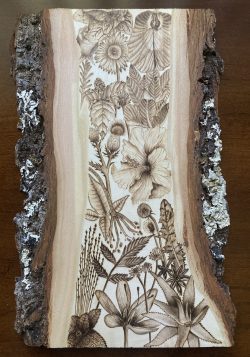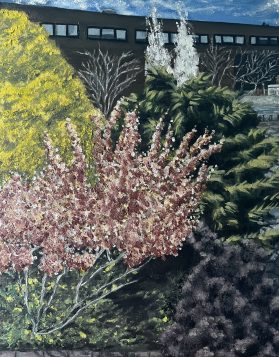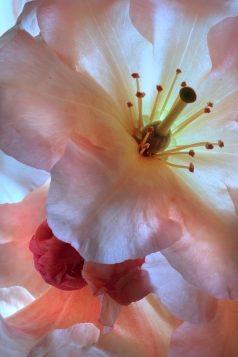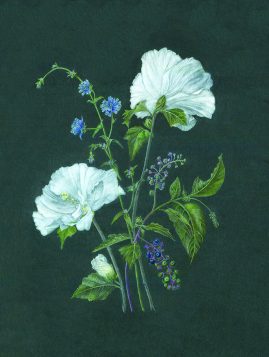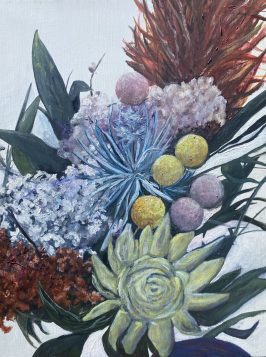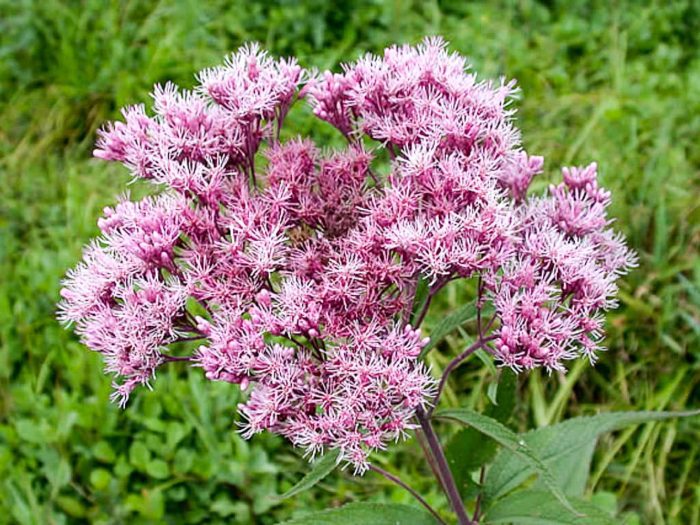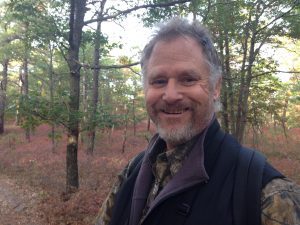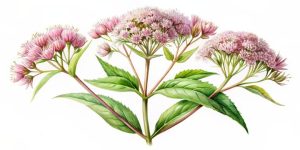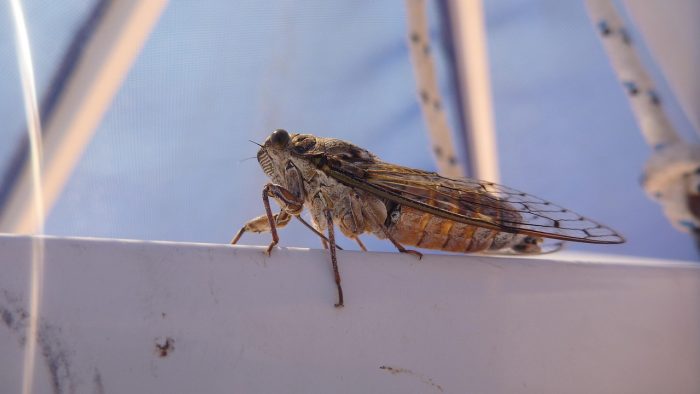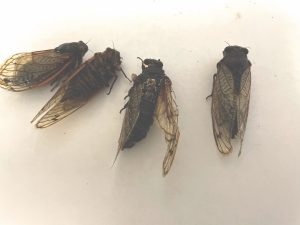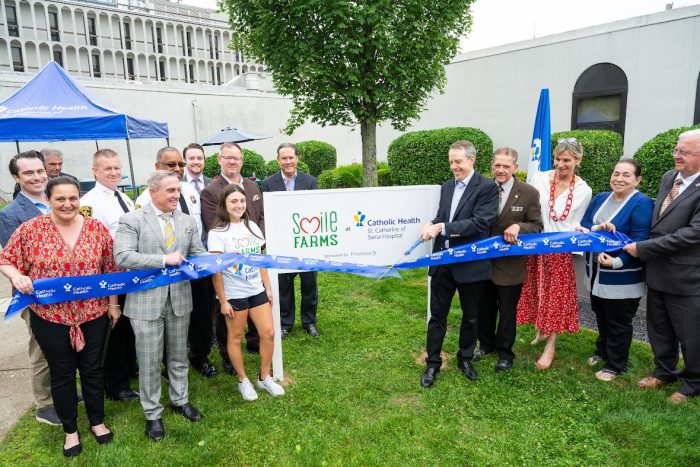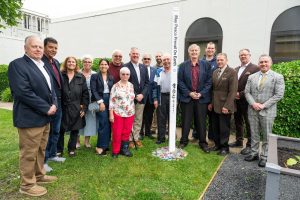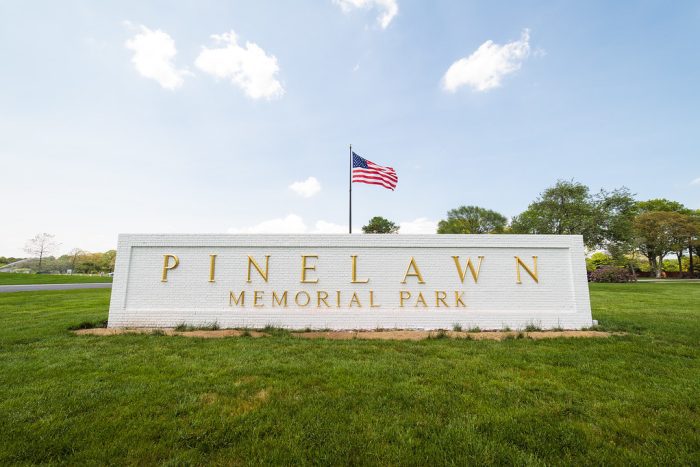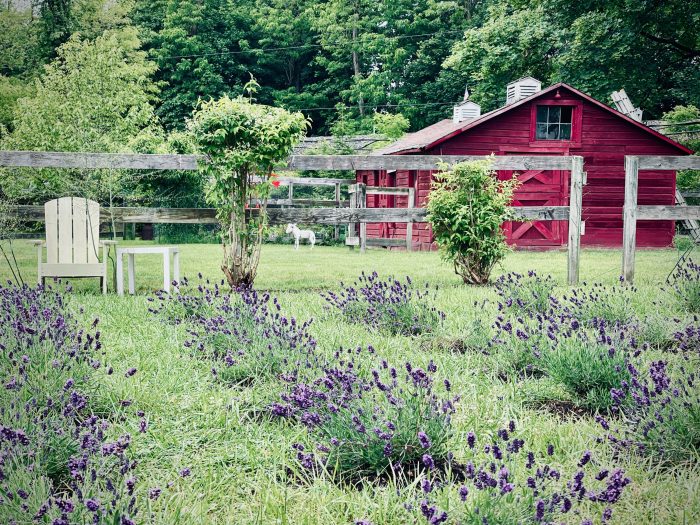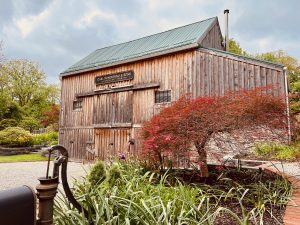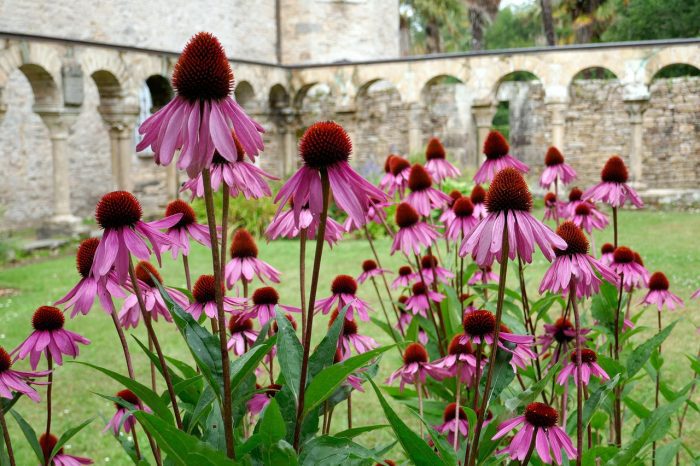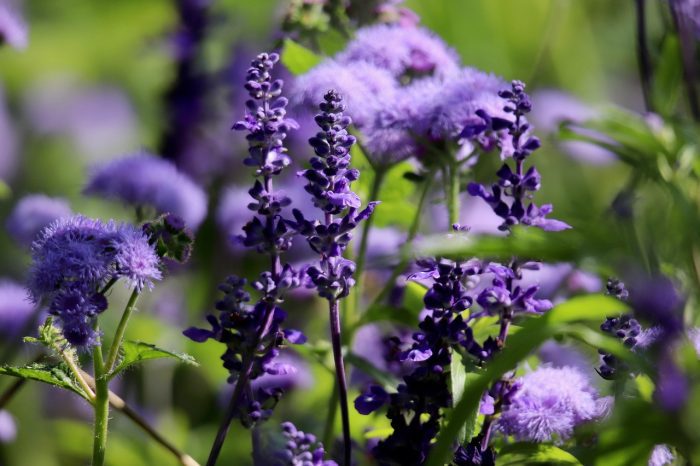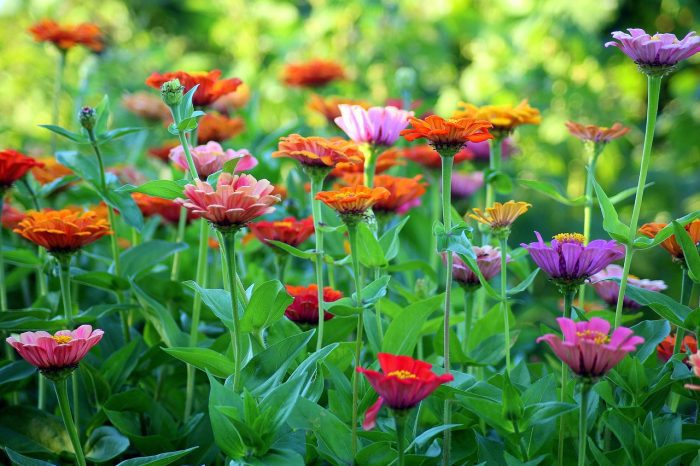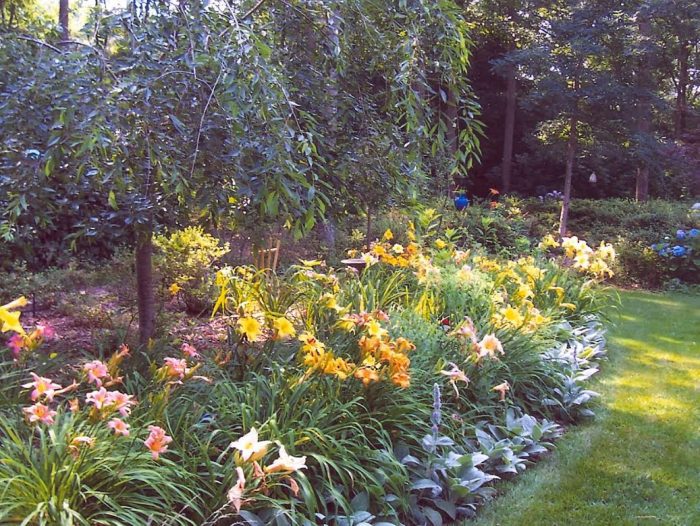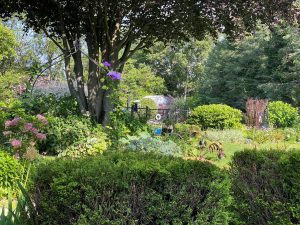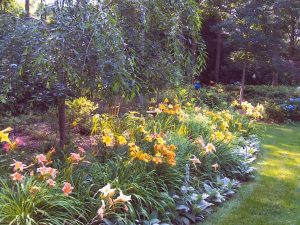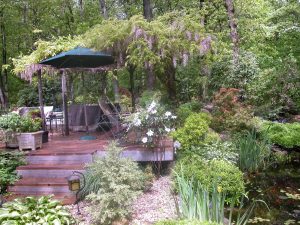Whether gifted, grown in a garden, or admired in nature, flowers delight us with their natural beauty. In a floral tribute, the Smithtown Township Arts Council will present The Language of Flowers, a juried exhibit at Mills Pond Gallery in St. James from June 28 to July 25.
The prospectus called for artists to “unleash their creativity and share their artistic interpretations of flowers … art that captures the spirit of blossoms or conveys personal emotions or narratives, or simply captures the captivating beauty of flowers.” The response was overwhelming.
“Using oil, acrylic, alcohol ink, colored pencil, dye-sublimation photographic print, fused glass, gouache, graphite, ink, mixed media, oil, pastel, pen & ink, photography, pyrography and watercolor, 84 artists have found astonishing ways to portray the delicacy of flowers whether represented in realism, impressionism or abstraction,” said Allison Cruz, Executive Director of the Smithtown Township Arts Council and Mills Pond Gallery.
“No matter the style, we are sure gallery visitors will enjoy this bouquet of original works,” she added.
Exhibiting artists include Ross Barbera, Shain Bard, Ron Becker, Mireille Belajonas, Kusuma Bheemineni, Matt Bodkin, Hayley Brennan, Joyce Bressler, Kevin Casey, Carol Ceraso, Tobi Cohen, Bernice Corbin, Jane Corrarino, Denise Cousins, JoAnn Dumas, Paul Edelson, Ellen Ferrigno, Elizabeth Fusco, Arlene Gernon, Maureen Ginipro, Theresa Graff, Alexandra Guma, Linda Hartman, Scott Hartman, Karen Jakubowski, Sally Anne Keller, James Kelson, Kathee Shaff Kelson, Angelica Kempa, Samantha Kenny, Megan Kenny, Lynn Kinsella, Julianna Kirk, Elizabeth Kisseleff, Lynn Larrison, Peter Leeds, Syndee Levy, Patricia Lind-Gonzalez, Patricia Luppino, Jackie Mallon, Diane Maniscalco, Adriena Masi, Liz Jorg Masi, Kathleen McArdle, Bonnie McLoughlin Stiegler, Frederic Mendelsohn, Avrel Menkes, Felecia Montfort, Gail Neuman, Loretta Oberheim, Josephine Parlagreco, Sharon Pearsall, Eva Pere, Sean Pollock, Lauren Prochera, Bernice Rausch, Catherine Rezin, Sandra Riddle, Khrystyne Robillard-Smith, Robert Roehrig, Jessica Rybak, Lori Scarlatos, Lisa Scrima-Castelli, Hillary Serota Needle, Stephen Shannon, Mike Stanko, Maddy Stare, Judy Stone, Betty Ann Tedeschi, Ashley Thorbjornsen, Susan Toplitz, Robert Tuska, Diane Van Velsor, Joseph Weinreb, Patty Yantz, Steven Zaluski, Theodora Zavala and Tianzhou Zhao.
The public is invited to an opening reception on Saturday, June 28 from 1 p.m. to 4 p.m. to meet the exhibiting artists and enjoy the beautiful art.
The Mills Pond Gallery is located at 660 Route 25A in St. James. Regular gallery hours are Wednesdays to Fridays from 10 a.m. to 4 p.m., Saturdays and Sundays from noon to 4 p.m. Admission to the gallery is always free. For more information or directions, call 631-862-6575, or visit www.millspondgallery.org.




